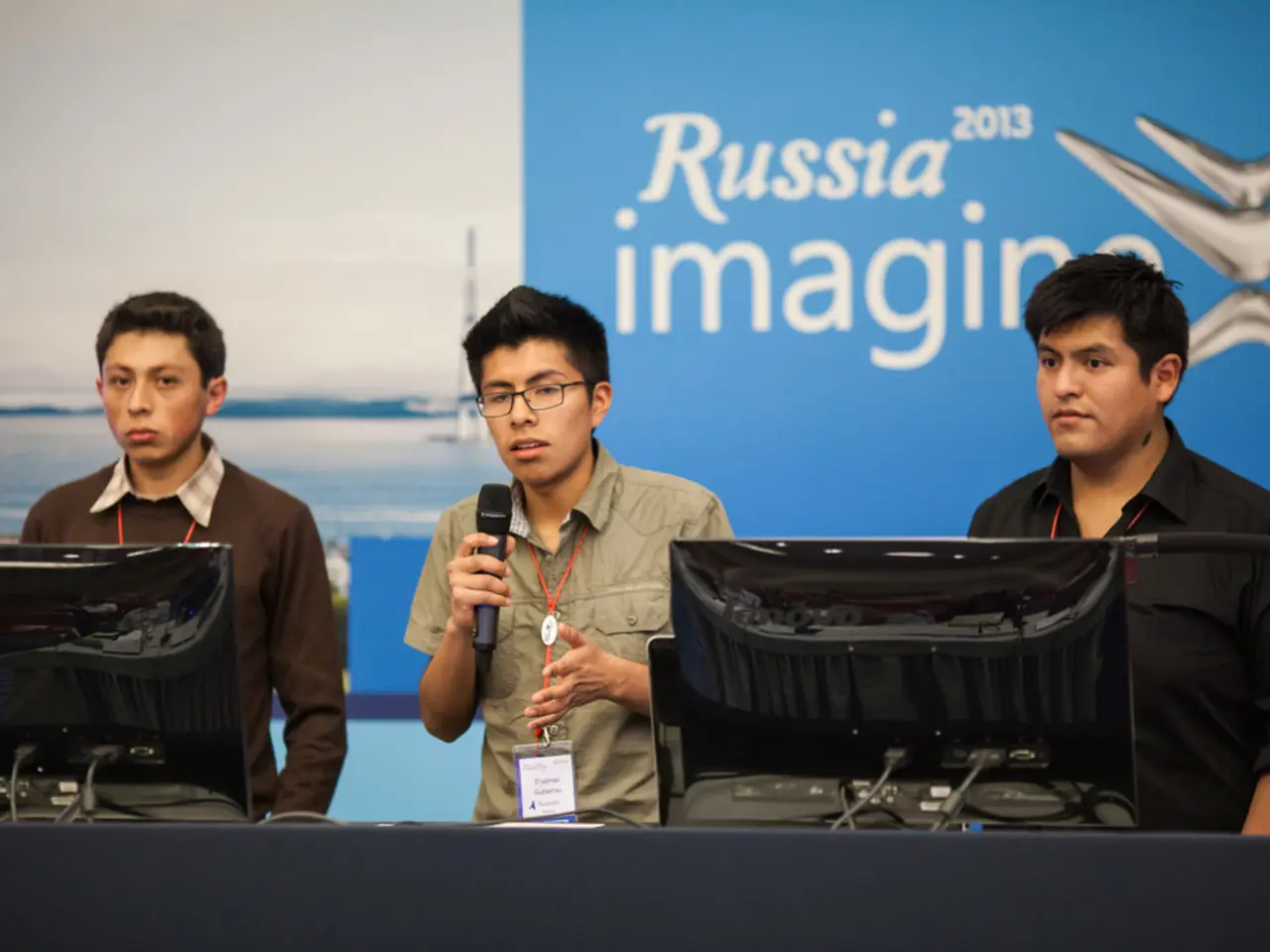International academia allegedly barring employment of researchers from Russia, Iran, and China, fueled by apprehensions over potential espionage activities.
In a move aimed at protecting sensitive research, European universities are increasingly imposing restrictions on hiring scientists from Russia, Iran, and China. The concerns revolve around the potential for espionage and the protection of classified or proprietary knowledge.
The University of Oslo in Norway and the University of Copenhagen in Denmark are among the institutions that have already implemented such rules. Aarhus University in Denmark, for instance, has refused jobs to at least 24 researchers this year on the basis of potential espionage risks.
The Danish Security and Intelligence Service (PET) has identified several pathways for exploitation and harassment of foreign researchers, underscoring the threat level. Universities are responding by deploying additional screening staff and consulting experts to vet applicants rigorously.
Similar security apprehensions are reflected in broader European geopolitical tensions involving these nations. Cooperation between European institutions and entities from these countries has drawn warnings, especially when linked to entities under sanctions or known for cybersecurity risks.
The University of Edinburgh in the UK and the University of Oxford have announced that they are considering implementing similar rules due to concerns about potential espionage. Universities in the Czech Republic, Poland, the Netherlands, and the Baltic States are also following suit.
However, not all universities are adopting these measures. The Australian National University has stated that it has no plans to implement similar rules at this time. Universities in the United States are monitoring the situation closely due to concerns about potential espionage but are not currently implementing similar rules. The University of Tokyo in Japan has not yet announced any plans to do so.
The key driver for these hiring restrictions is the perceived elevated threat of foreign espionage compromising sensitive or high-tech research critical to national and European security interests. The fields most affected include quantum technology, green energy transition, and health sciences, where advanced technology and research have strategic national security implications.
In the face of these challenges, universities are navigating a delicate balance between academic freedom and national security. As the number of universities implementing these rules continues to grow, the debate on this issue is expected to intensify.
- The escalating concerns about foreign espionage have led to discussions on education-and-self-development policies within politics, with universities in several countries implementing restrictions on hiring scientists from certain nations.
- Amid increasing war-and-conflicts and general-news headlines about geopolitical tensions, some European universities are working to tighten their screening processes, enlisting experts to vet applicants, due to potential espionage risks in learning fields like quantum technology, green energy transition, and health sciences.
- A possible future development in the landscape of policy-and-legislation related to education-and-self-development could be a rise in debates and disagreements, as some universities predominantly in Europe opt for stricter hiring practices while others, like those in Australia, the US, and Japan, continue to prioritize academic freedom over national security concerns.




